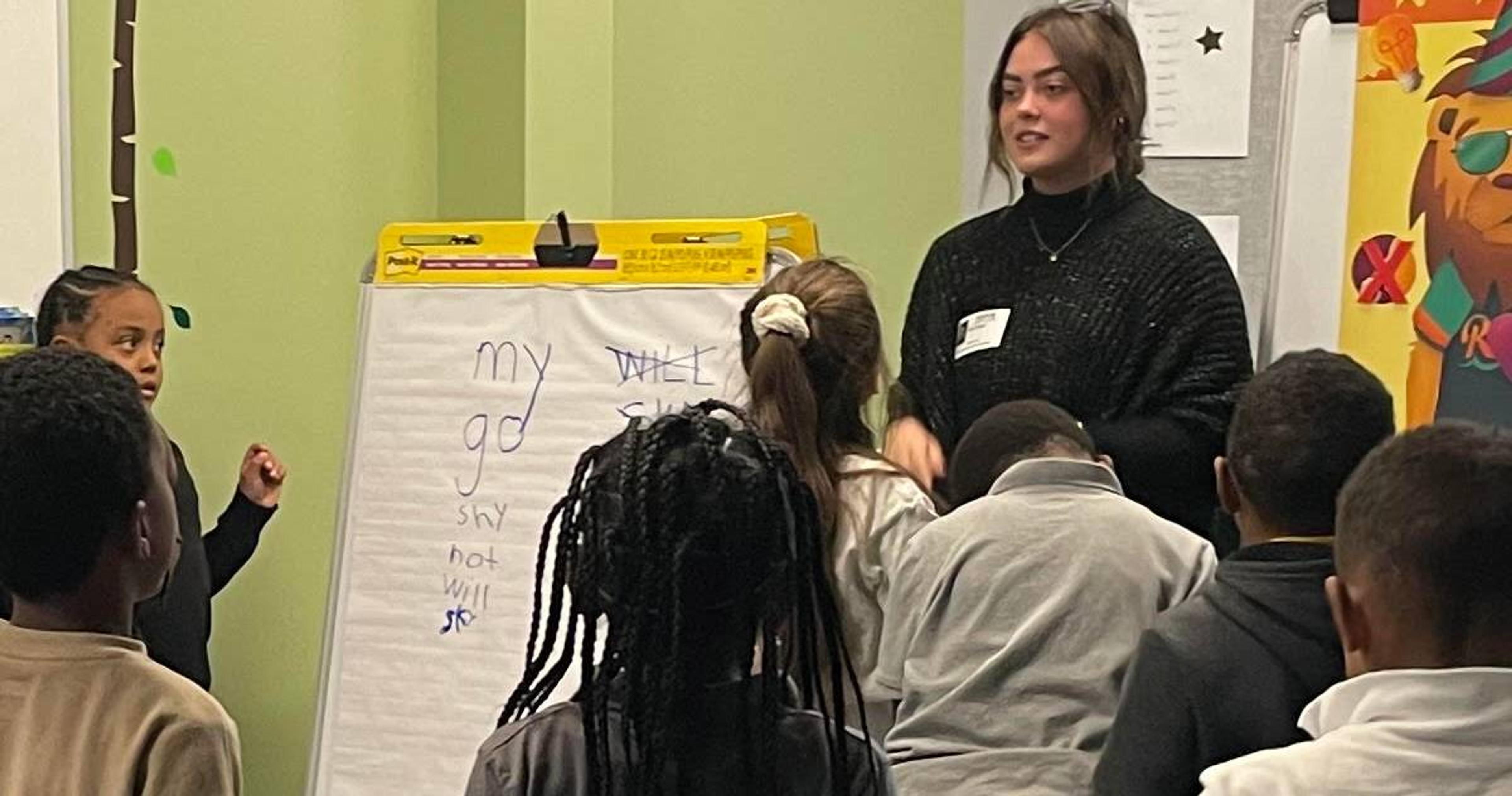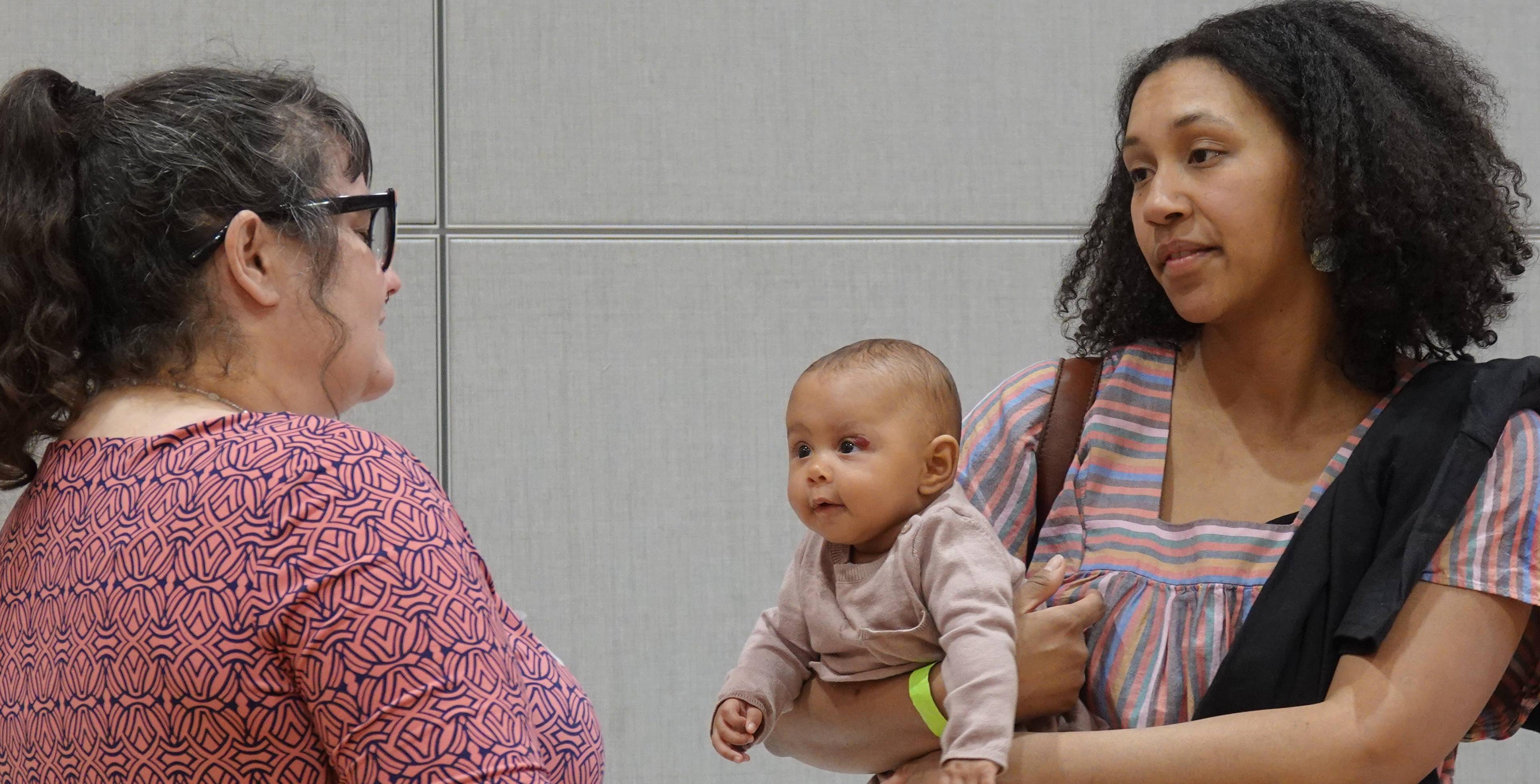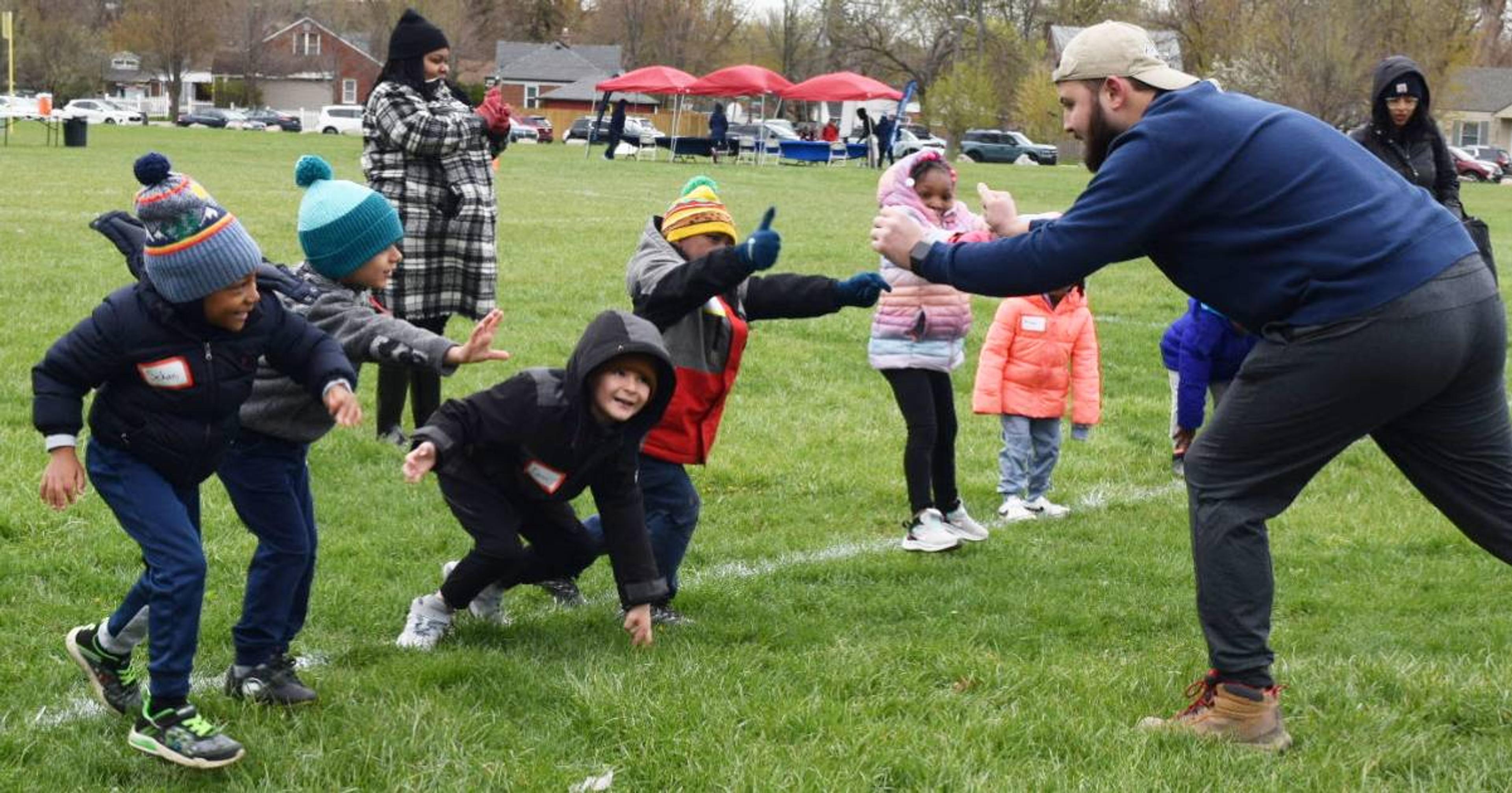Arab American Dementia Outreach Program Helps Michigan’s Middle Eastern Community Shatter the Stigma Associated with Seeking Dementia Care
Jake Newby
| 5 min read
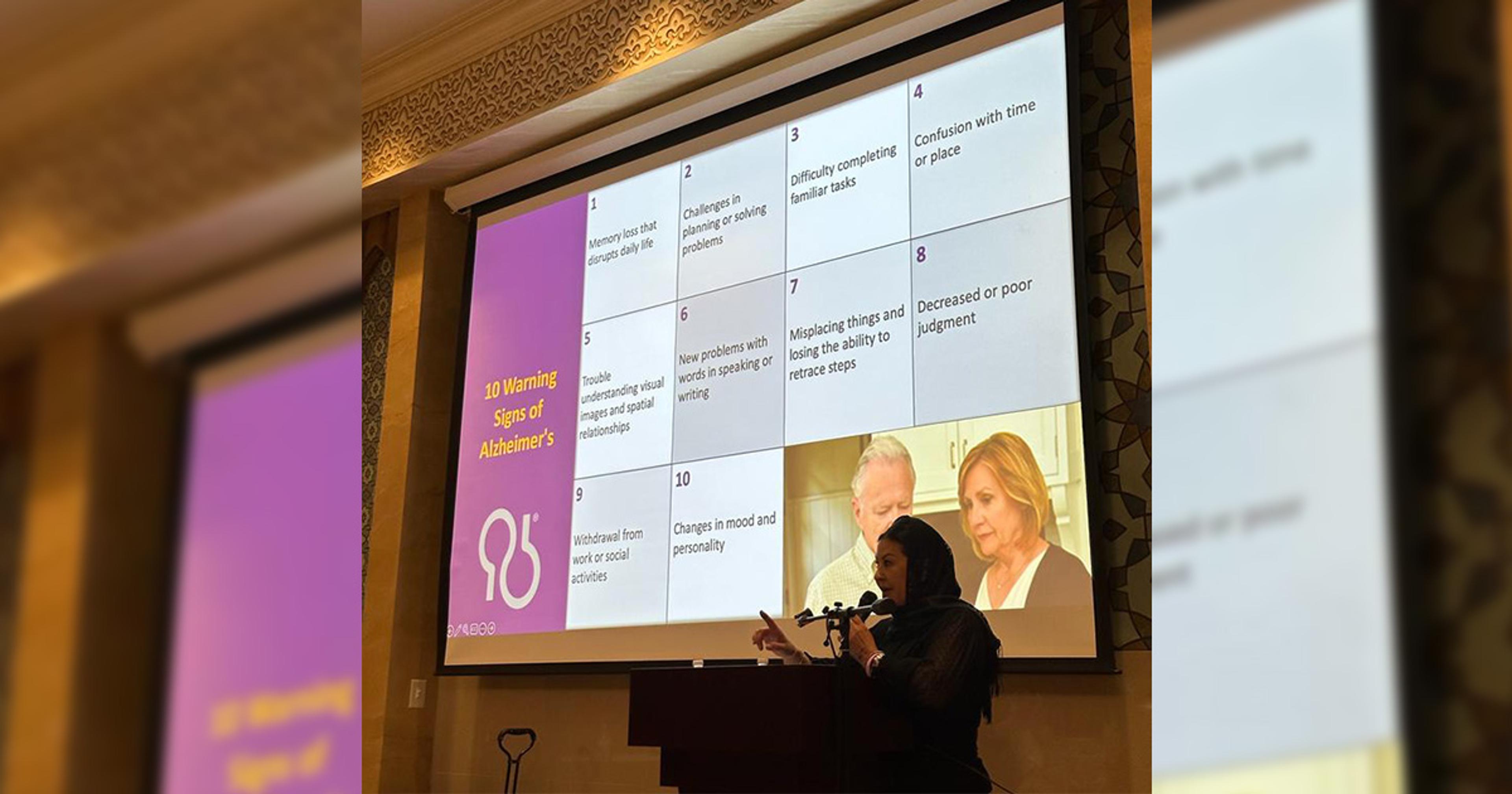
In the Arabic language, the word for dementia – “kahraf” – is often said insultingly. Instead of using the word as a medical term, most Arabic speakers use it as a synonym for “crazy.” This level of stigmatization makes it difficult for a population that is already disproportionately affected by dementia to recognize their own symptoms of the disease so they can seek care.
“There’s the incorrect use of ‘kahraf,’ and then there are some cultural aspects to the Arab American community that helps feed into the stigma,” said Melanie Baird, the vice president of programs for the Alzheimer’s Association Michigan Chapter. “When we talk about a shame-based culture, that is very much a characteristic of the Arab American community. In terms of a lot of other diseases and things, there’s shame brought around that as well. There are some heavy stigmas, and we’re trying to combat those through education, information and support.”
The Alzheimer’s Association Michigan Chapter launched the Arab American Dementia Outreach Program in 2023 to help the largest concentration of Arab Americans in the country sidestep stigmas and learn how to identify any dementia symptoms they may have.
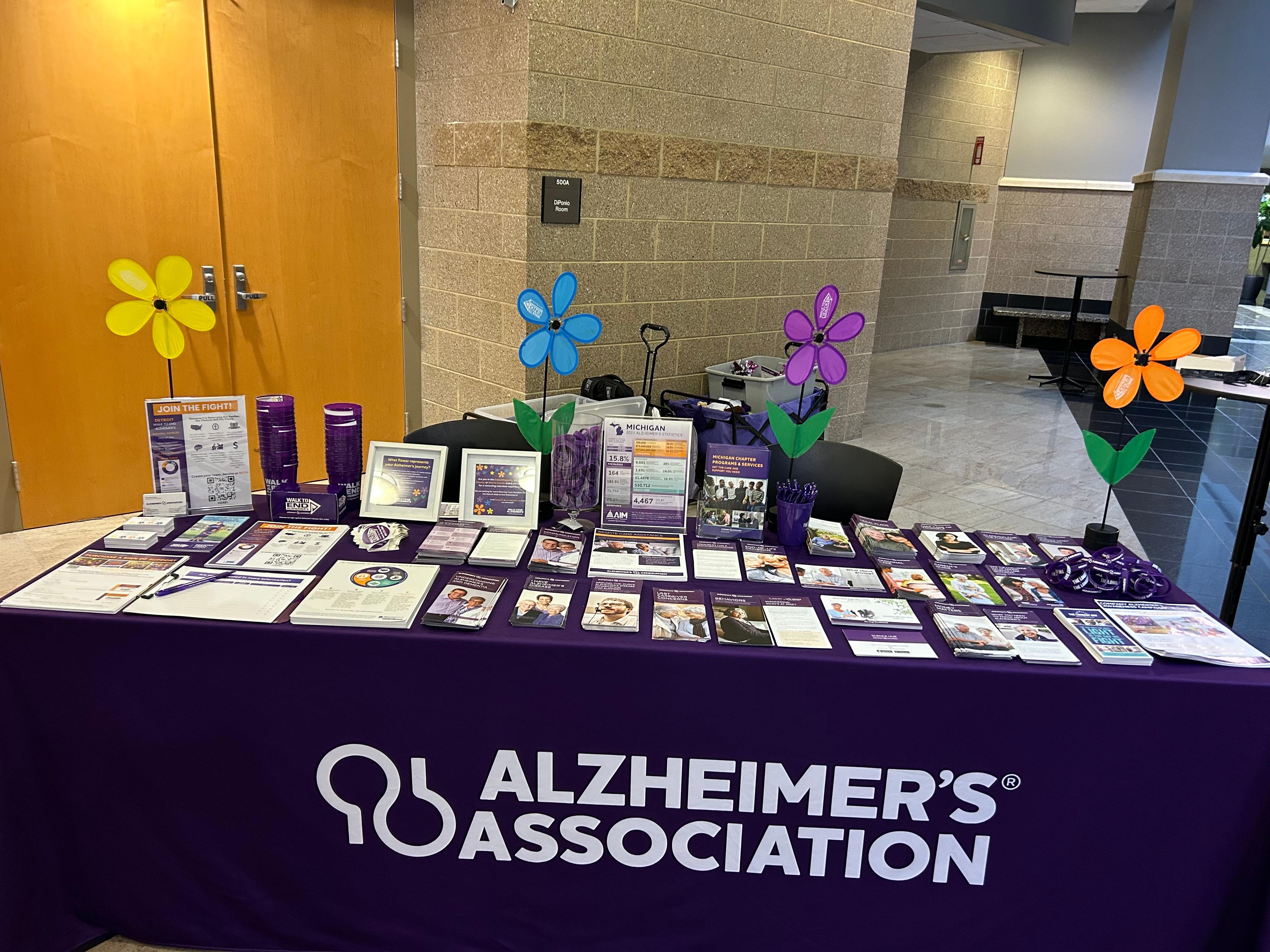
“Normal aging and Alzheimer’s disease are two different things,” said Donna Jawad, who was hired on a part-time basis by the association this year to serve as the Arab American Dementia Outreach Program’s project coordinator. “We started to raise awareness by having programs on understanding dementia, knowing the 10 warning signs and having support groups in the community for caregivers to come out and talk about their story.”
The biggest risk factor for dementia is age. Of the more than 300,000 Arab Americans that reside in Michigan, 11% are 65 years of age or older.
Statistics like these emphasize how crucial it is to provide members of Michigan’s Arab American community with the education they need to extend their own lives. Hiring Jawad was a monumental step in making that happen for the Michigan chapter, which used the majority of a $15,000 Community Health Matching Grant awarded by the Blue Cross Blue Shield of Michigan (BCBSM) Foundation to pay for Jawad’s salary.
With years of outreach experience under her belt, Jawad was brought aboard to travel across Michigan and host awareness events intended to increase Alzheimer’s disease awareness and knowledge, reduce stigma, and decrease access barriers by providing culturally tailored dementia support services. Since April, she’s hosted 15 programs and events across southeast Michigan.
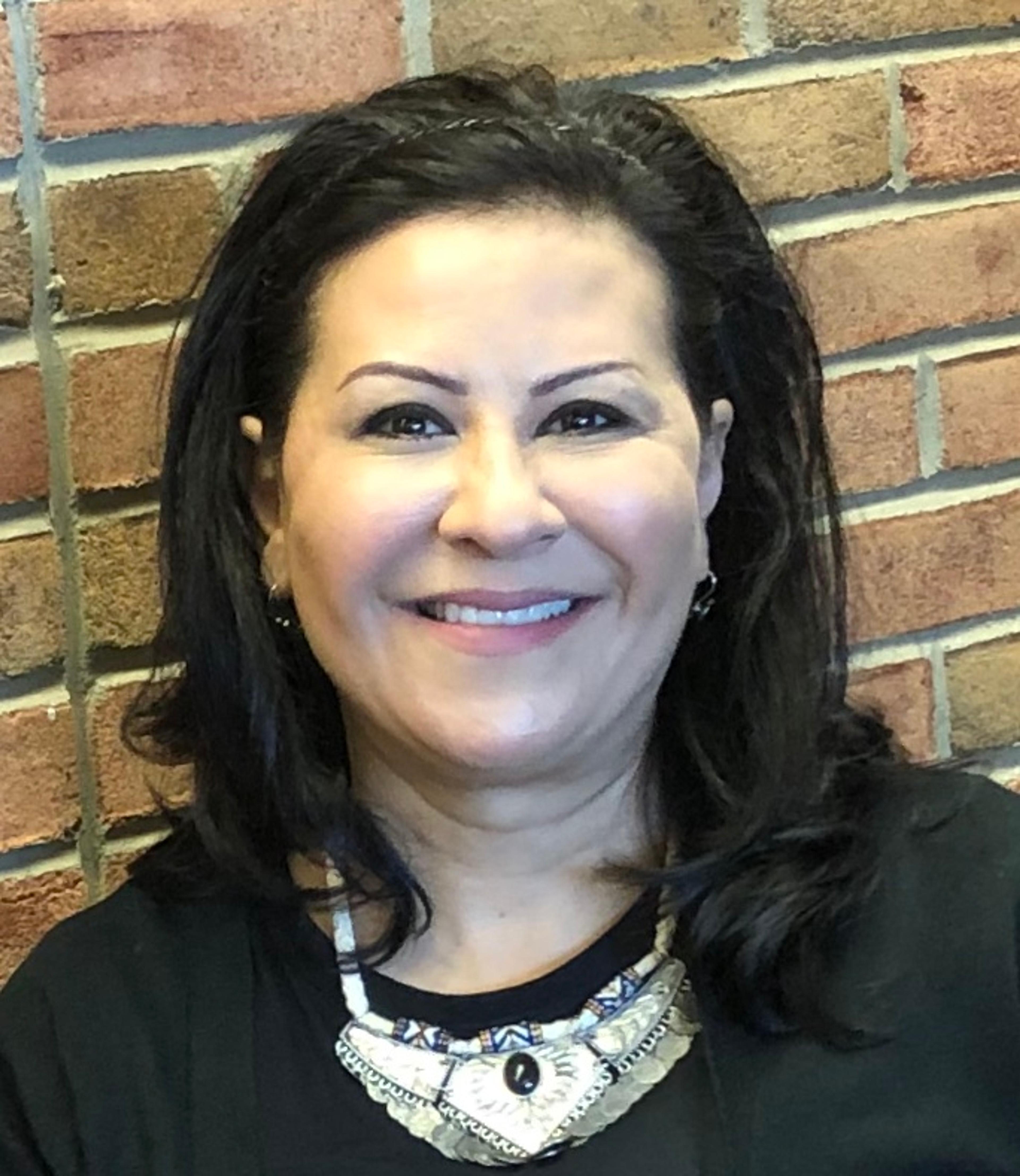
How the Arab American Dementia Outreach program breaks down other barriers to care
It’s challenging to pinpoint the differences between normal aging and dementia symptoms when you don’t speak the native language of the country you live in, or, you don’t speak it well. Jawad being bilingual is considered “invaluable” for this program, by Vice President of Programs for the Alzheimer’s Association Michigan Chapter, Melanie Baird. Her hiring is not the only way the association has set out to break the language barriers.
“One of the great things the Alzheimer’s Association is doing is translating its already-available (educational) material that is English into Arabic,” Jawad said. “So, each family can be comfortable in reading about dementia in their own preferred language.”
Baird noted that the strong family bond present in most Arab American families can sometimes represent a barrier to dementia care.
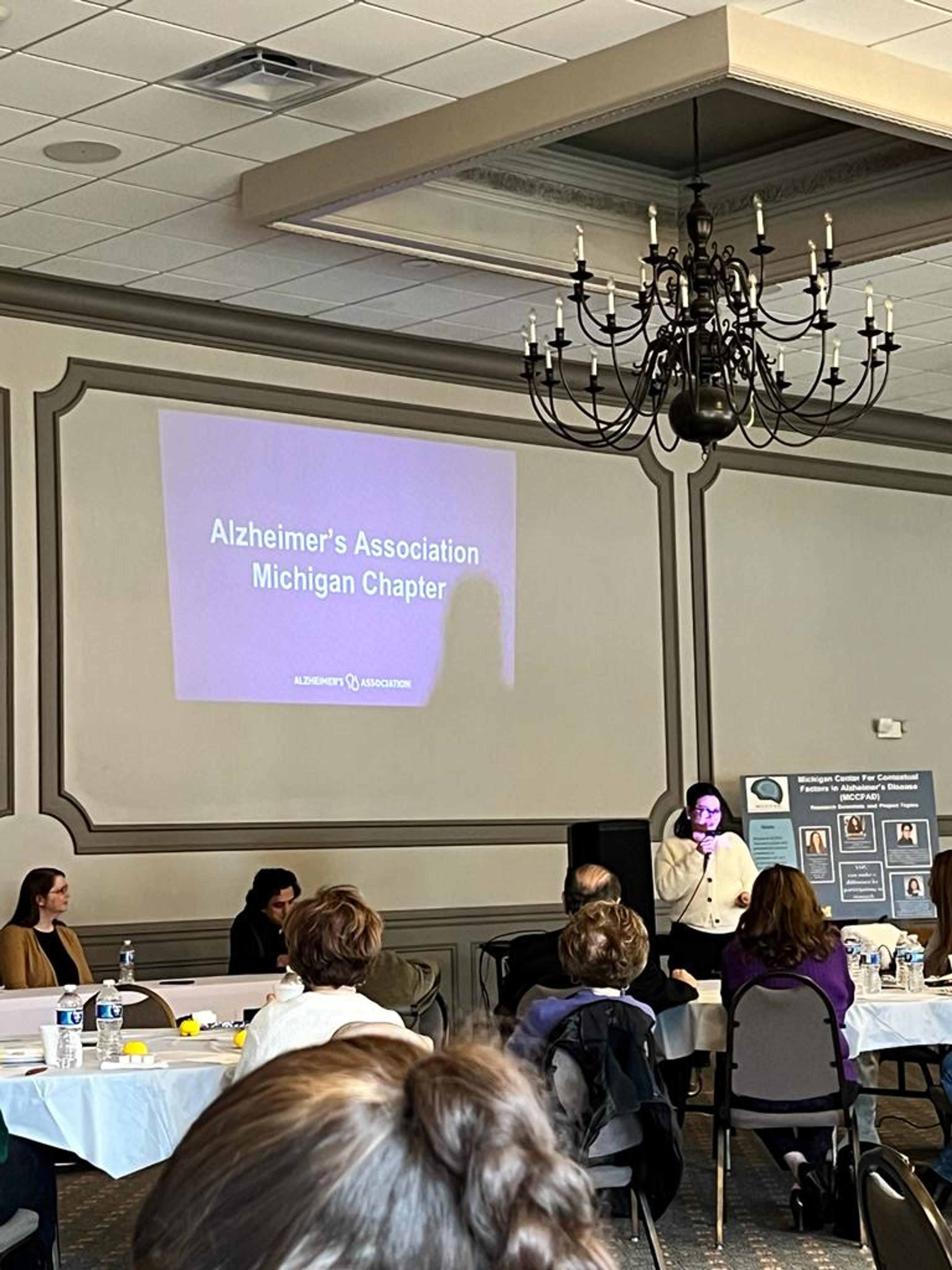
“Anecdotally, living here in Michigan, we know (dementia) affects so many people,” said Melanie Baird, the vice president of programs for the Alzheimer’s Association Michigan Chapter. “And we know that people aren’t always open to reaching out for support beyond their own family. And that’s a characteristic of the culture. It’s very family-oriented, it’s very ‘we take care of our own.’ With this disease, it’s very much a familial disease, so it impacts everybody in the family. Not just the person living with the disease, not just the primary caregiver, but everybody else. So, everybody involved needs support and information, and that’s what we try to provide.”
Additionally, the Association’s 24/7 helpline serves as an approachable medium for Arab Americans to access dementia and Alzheimer’s resources.
“There’s resources within the Arab American community, that, for those who feel comfortable only going to a person who is Arabic and who speaks Arabic, we have translation services available,” Jawad added.
Achieving tangible results
There’s nothing Baird, Jawad or anyone involved in the Arab American Outreach Program than loves more than hearing success stories made possible by the program’s services. Jawad said she learned of one recently.
“We had at one event, when I was listing the 10 warning signs, I was speaking in Arabic and someone had realized that they may have dementia,” Jawad recalled. “And they said they would follow up with their doctor. And that only comes about from going from place to place and raising awareness in the Middle Eastern Community in the metro Detroit area. So, I think it’s of great importance.”
“As we have an aging population in the U.S., it is projected that rates of dementia and Alzheimer’s disease will increase,” said Myra Tetteh, senior program officer of the BCBSM Foundation. “Cultural beliefs can compound the challenge of addressing dementia and Alzheimer’s disease. Putting resources out in front of people who need it the way the Alzheimer’s Association Michigan Chapter has done can literally save lives.”
For Jawad, speaking with a purpose at these awareness events comes naturally to her because Alzheimer’s hits close to home. Her aunt was diagnosed with the disease 16 years ago. It wouldn’t have been possible for Jawad’s aunt to live with the disease for all these years and receive the treatment she needs without her family’s ability to recognize the difference between normal aging and Alzheimer’s symptoms all those years ago.
“In the beginning we really weren’t sure what was going on with my aunt, so it really hits home for me,” Jawad said. “For the Middle Eastern community, it means a lot to me to help anyone out there who needs answers to all their questions.”
Check out the BCBSM Foundation website to learn more about the Community Health Matching Grant Program, including eligibility, proposal requirements, and more. Here are a few recent Foundation stories highlighting the incredible accomplishments made by Michigan nonprofits in 2023:
- PEARS Increases Early Autism Identification in Toddlers with Play-Based, Rapid Interactive Screening System
- Eastside Community Network Addresses Flood Damage, Air Quality and Sustainability of Vulnerable Neighborhood Homes in Detroit
- Groundbreaking Program Impacts Breastfeeding Outcomes Among Black Families by Diversifying Southeast Michigan’s Lactation Consultant Field
Photo credit: The Alzheimer's Association Michigan Chapter

